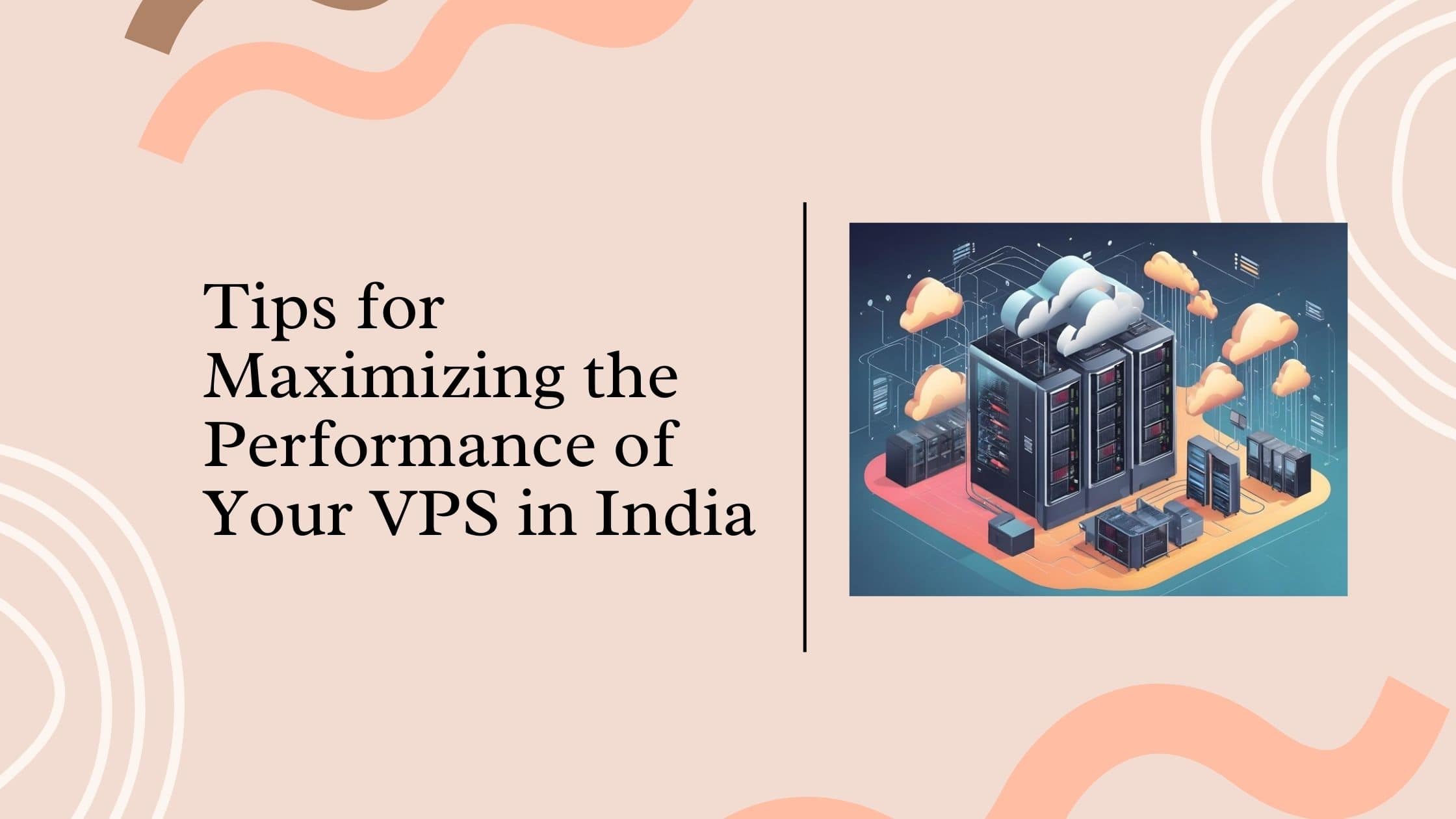Summary

Article Name
Tips for Maximizing the Performance of Your VPS in India
Description
In today's digital age, having a Virtual Private Server (VPS) is essential for businesses and individuals alike. VPS hosting offers a cost-effective and scalable solution for hosting websites, applications, and other online resources.
Author
Iram
Publisher Name
Best VPS India
Publisher Logo


